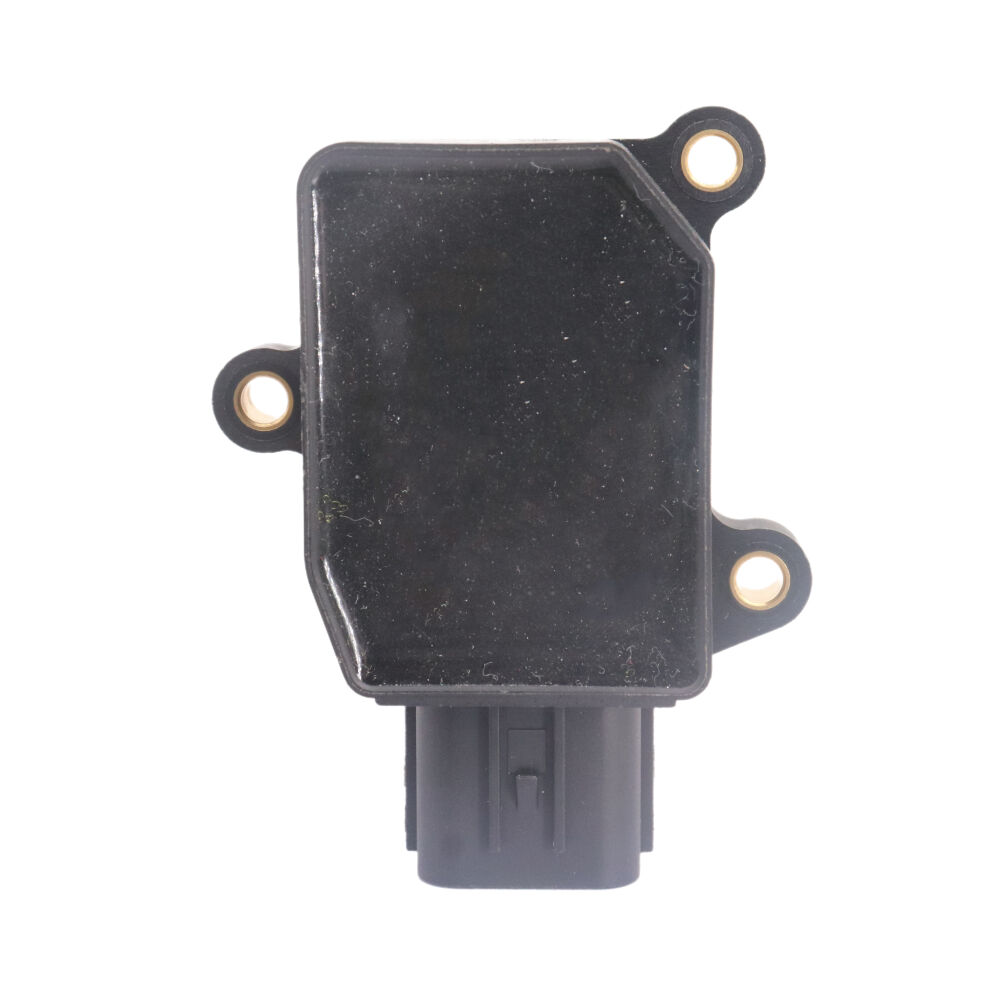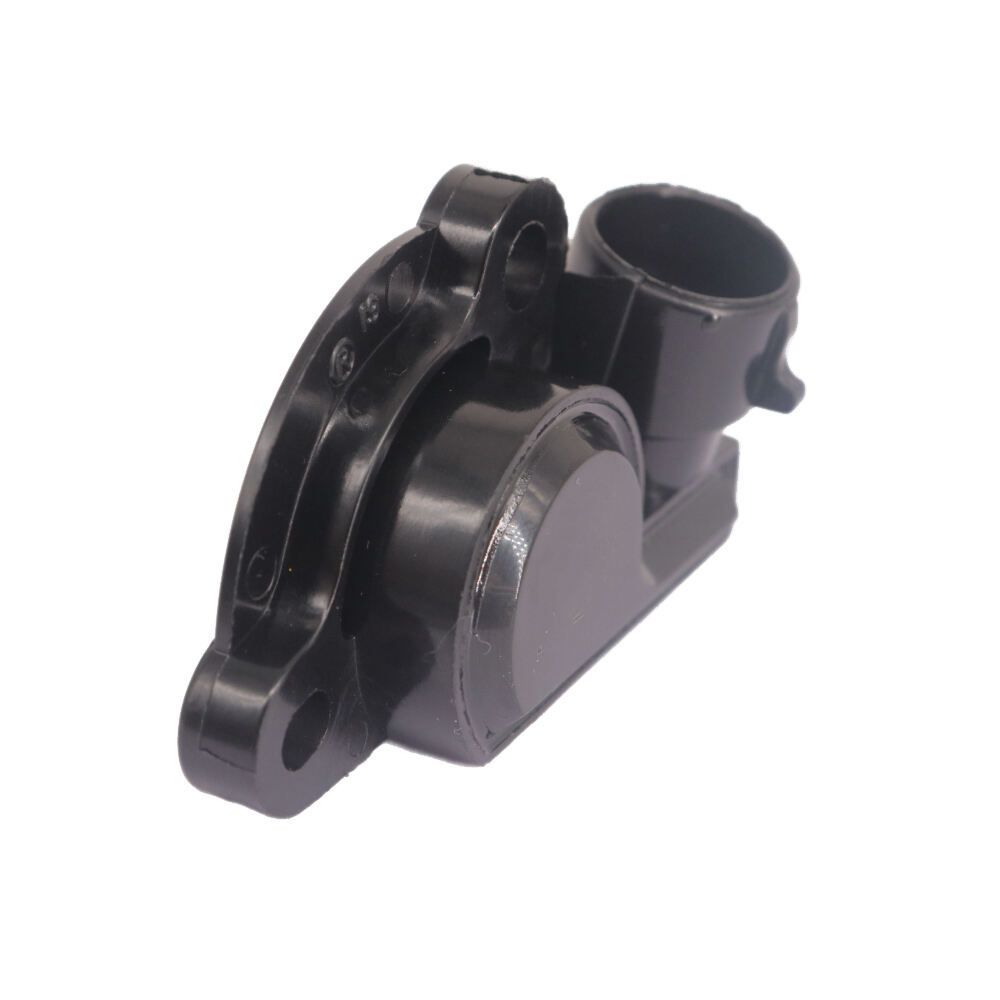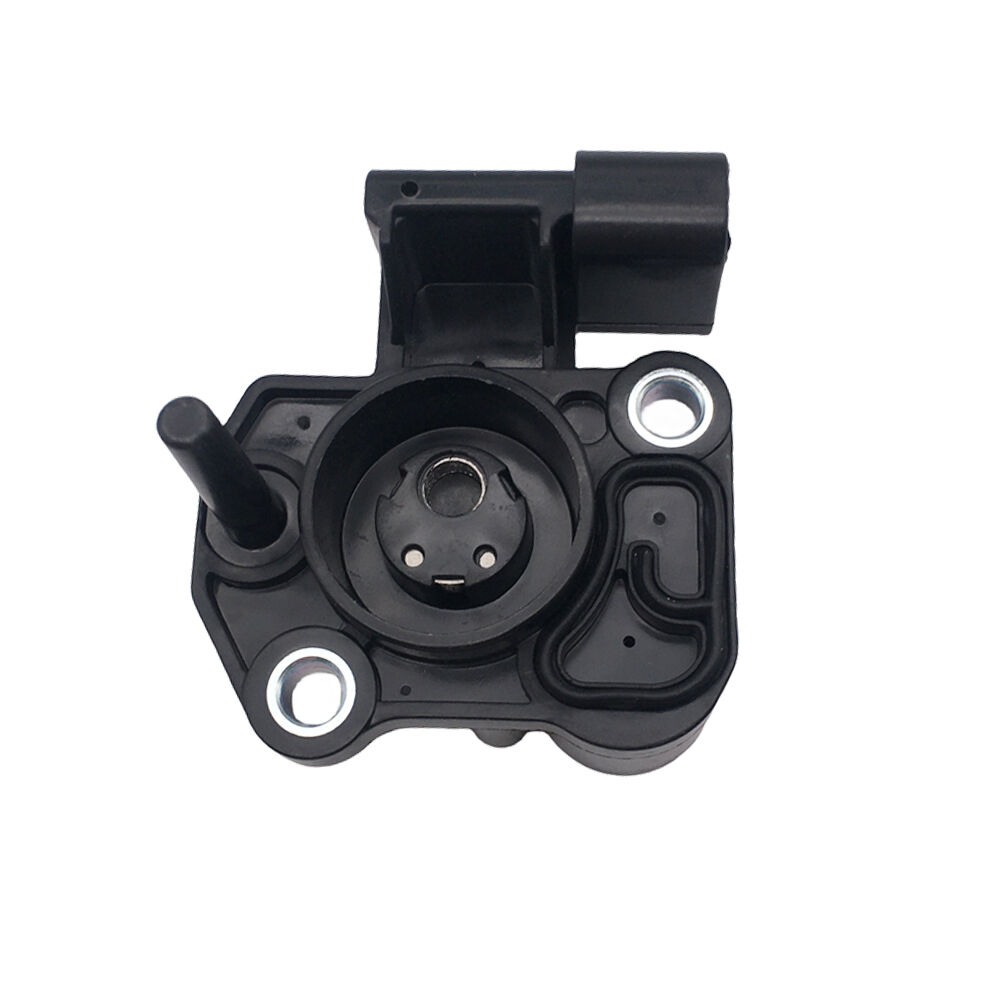throttle sensor cost
The throttle sensor cost represents a crucial investment in vehicle performance and efficiency. This essential component, also known as the throttle position sensor, typically ranges from $50 to $250 for the part alone, with total replacement costs including labor potentially reaching $500. The sensor plays a vital role in modern engine management systems by monitoring the throttle valve position and transmitting this data to the engine control unit. This precise monitoring enables optimal fuel delivery, ensuring smooth acceleration and efficient engine operation. The cost varies significantly based on vehicle make, model, and sensor quality, with OEM parts generally commanding higher prices than aftermarket alternatives. The technology incorporated in modern throttle sensors includes advanced Hall effect sensors or potentiometers that provide accurate, real-time data about throttle position. These components are designed to withstand extreme temperatures and vibrations while maintaining accuracy throughout the vehicle's lifecycle. Understanding the throttle sensor cost is essential for vehicle maintenance planning, as this component's proper functioning directly impacts fuel efficiency, engine performance, and emissions control.


